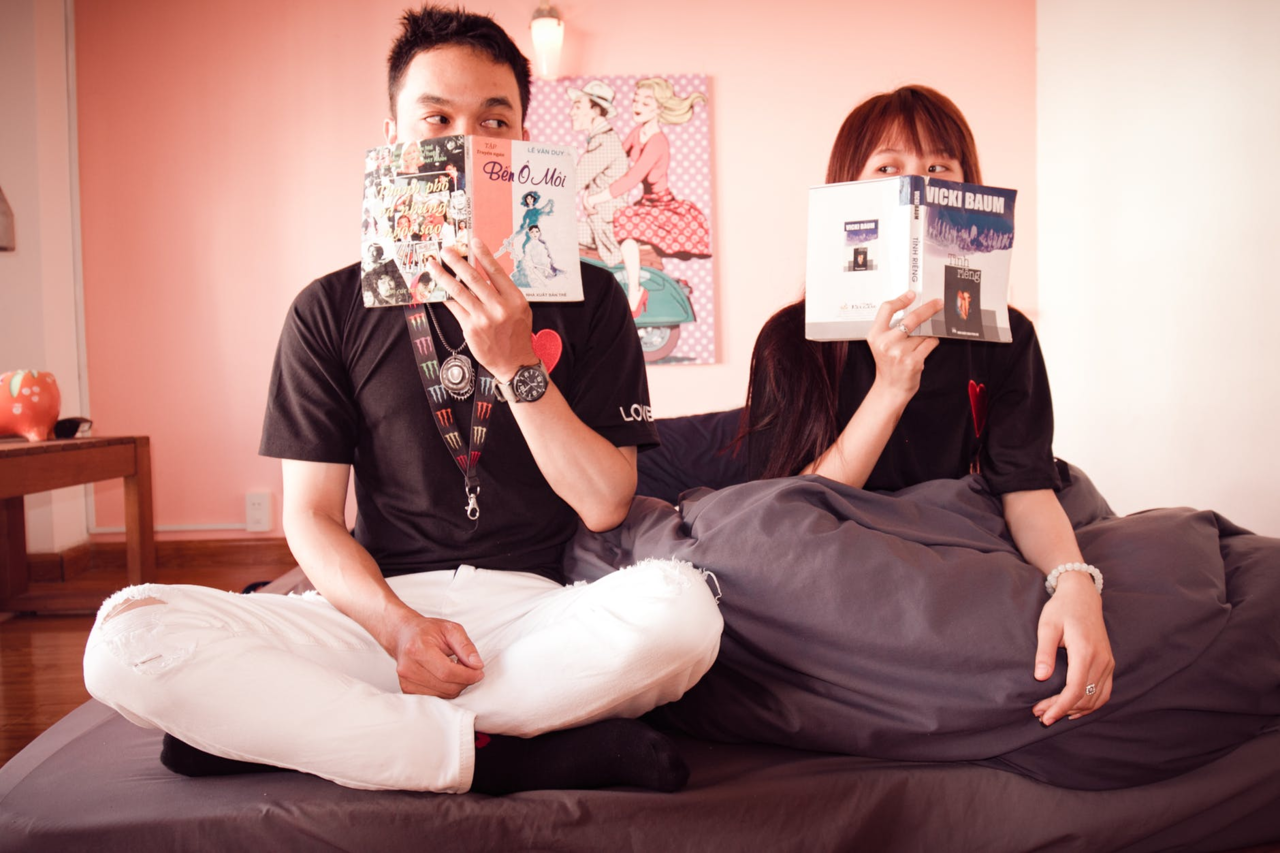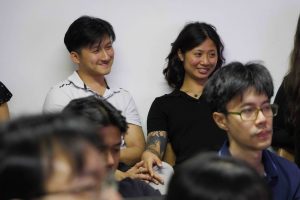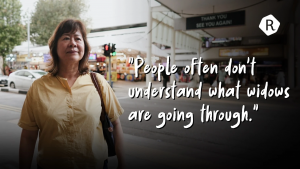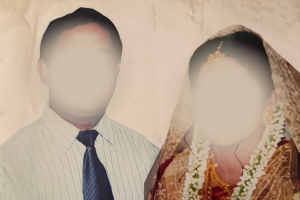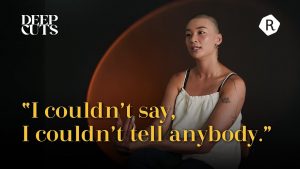Top image credit: Zun Zun on Pexels.
Even those of us with cold, empty cavities where our hearts should be devour stories of marriages, meet-cutes, affairs, and plate-smashing-soul-wrenching breakups. No subject has engrossed us as thoroughly, for as long. And yet, the depth of our obsession with love is matched only by how clueless we still are about it.
Thanks to technology and changing social norms, the landscape of love is undeniably different from how it looked just five or ten years ago. Instead of fretting over how to approach someone in person, we agonise over our text-messaging game. We worry about finding The One, but also mistrust the idea of ‘soulmates’ more than ever, with philosophers and psychologists alike making the case for settling in marriage. And while monogamy overwhelmingly remains the dominant model for romantic partnerships, polyamory and open relationships invite us to assess what commitment and fidelity really mean.
Against all these, however, our central anxieties about love remain unchanged.
What if I never find it? What if it’s unrequited? What if it doesn’t last? And what next if it does?
Compiling a reading list about love might seem quixotic, given that no book can answer these questions. No answer, perhaps, exists.
To this end, none of these books are instructive; they are not self-help books, and will not teach you how to ‘hack’ love or resolve your situationship or stop the ache blooming in your chest every time you think of that person—the one whose name undoes you.
But even if you don’t agree with what’s being said, there is no perspective on love we aren’t enriched by hearing.
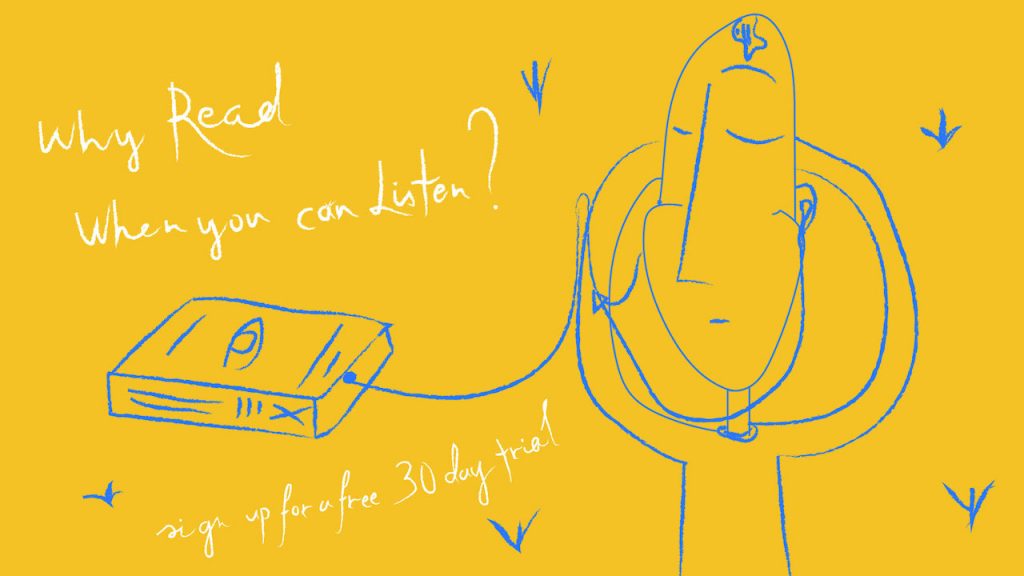
Rice readers get a 30-day free trial, so download their app to get started.
Love fascinates us because it keeps finding new ways of surprising us; there is always some inconsistency we haven’t yet realised, or some unexpected development that tests everything we thought we knew. And reading about love prompts us to think about the questions we should be asking while we fumble our way into the answers.
It bears mentioning that while everyone loves a happy ending, the real-life love stories that stay with us often give love a bad name. There are irreconcilable differences and terrible decisions and the cruel truth that love, however we might wish it, does not conquer all. In this, reading about love provides the comforting assurance that absolutely no-one has it all figured out. Like death and waiting in the toilet queue, love is the great equaliser: we are all as much fools in it as the next person.
A caveat: all these books deal with romantic love, rather than familial or platonic love. We tend to discuss the former as if it’s the only kind that matters, but it bears saying that the latter are in no way inferior. (To this end, the books in this list deal mainly with the dynamics of heterosexual relationships, but they all show that love takes many valid forms beyond the straight, two-person, procreation-driven marriage.)
Which is all to say that we’re all working on our own love stories. Here’s hoping these help you write yours well.
If you’re terrified of dying alone with 20 cats:
Happy Singlehood: The Rising Acceptance and Celebration of Solo Living – Elyakim Kislev
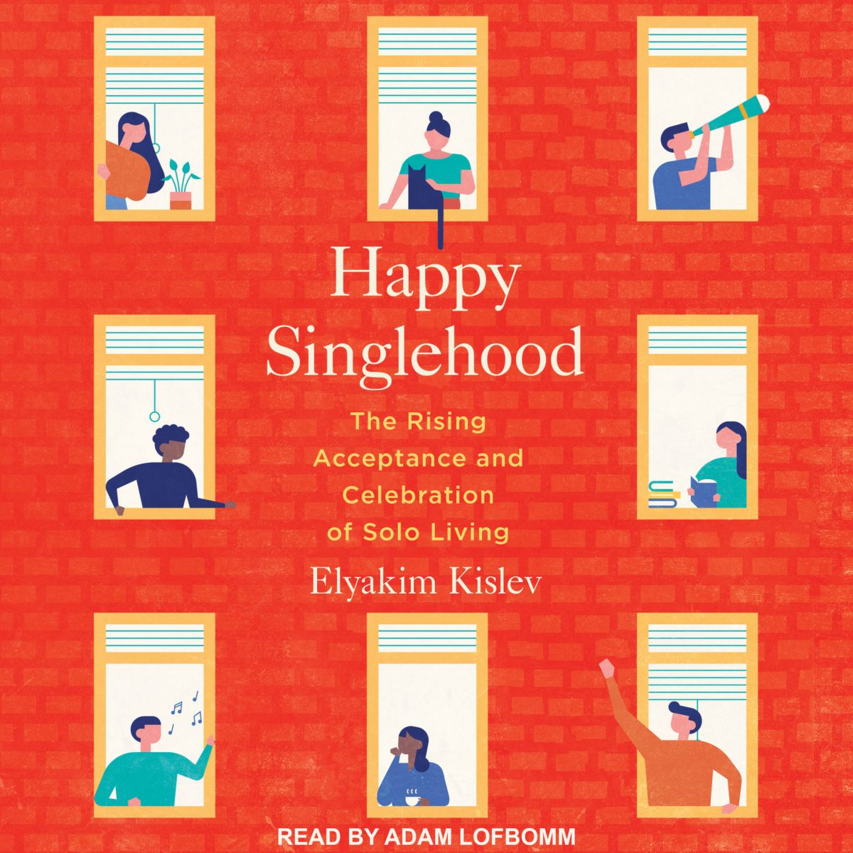
The point is, many would find Happy Singlehood an oxymoron. And this is exactly the point the book seeks to make: why is singlehood so universally dreaded? Why do we still equate it with misery, isolation, and moral deficiency, while marriage is held up as an ideal to aspire to? And how can singles flourish in a world which is still structurally and socially designed to privilege the coupled-up?
Kislev, an academic at the Hebrew University of Jerusalem, deftly unpacks our fears, assumptions, and biases against singlehood, noting that most people would not consider singles to be a ‘discriminated’ group, but that they nonetheless experience negative stereotypes and social and policy discrimination. Significantly, he does so without stooping to condescension: this book is about celebrating singlehood on its own terms, rather than making the best of a less-than-ideal situation.
Ironically, I find Happy Singlehood less interesting for what it says about singlehood than what it does about marriage. We think of singlehood as a cross to be borne or a trap to be escaped from, but in treating marriage as the sole escape route, Kislev argues, we are little better than subway rats driven by hunger and desperation. (For that matter, divorcees, widowed, and unhappily married couples all fare worse than long-term singles who have never married, statistically speaking.)
It might seem pointless to ponder these issues in a Singapore context, where the linkage of marriage to home ownership makes it inseparable from broader issues around finances or adulthood, but Kislev would probably argue that this is exactly why we should be doing it. For him, singlehood is more than a matter of social or family policy: it’s about human development and well-being. And in not treating it as a legitimate choice, policy makers and researchers are missing out on a huge opportunity for increasing overall population welfare. This should be recommended reading for everyone at the SDU.
If you’re burned out from the dating game:
Modern Romance – Aziz Ansari
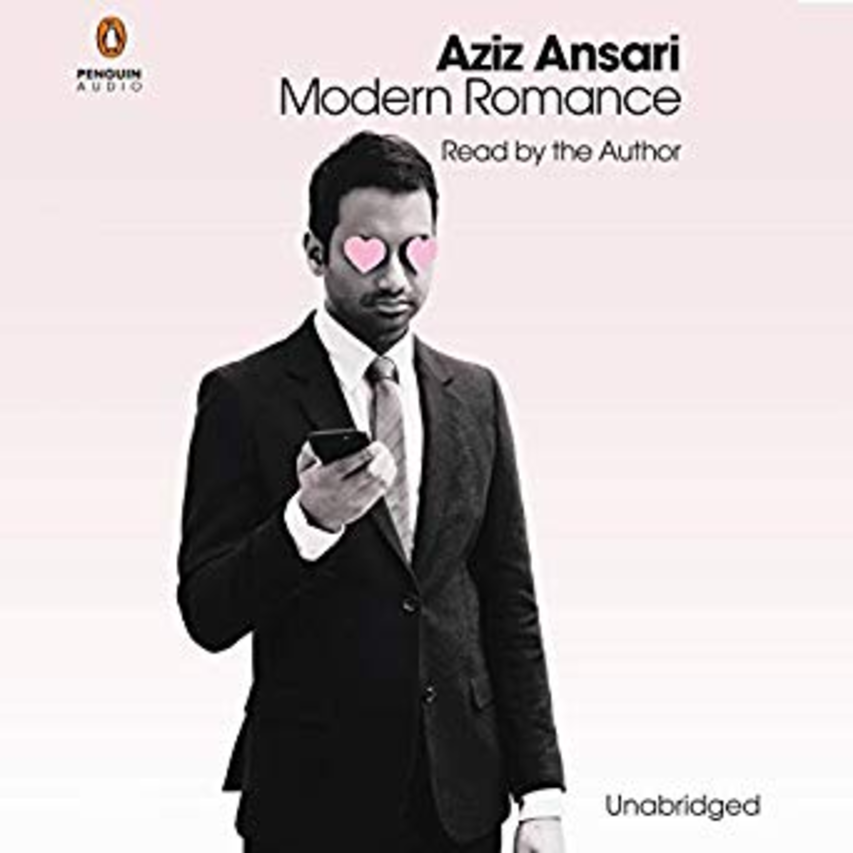
Drawing on hundreds of interviews, collaborations with other social scientists, and even a dedicated Reddit forum, Ansari and his co-writer Eric Klinenberg delve into how technology and changing social mores have complicated finding love. As the title might suggest, Modern Romance is less about sustaining love than the struggle to find it in the first place.
Why, despite tech giving us access to an ocean of potential partners, does finding the real thing still feel so impossible? Why does connection often involve the studied carelessness of a theatre script? And how much are we willing to endure, or how long are we willing to hold out, for that earth-shattering love we all yearn for?
Ansari’s voice dominates the book—it’s easy to overlook the heavy-duty research lurking beneath the gags—but also gives it some of its most entertaining passages. Modern Romance is at its best when it dissects the absurdity of modern dating rituals, from the generic “Hey” opener to timing text message replies to the formula for the perfect Tinder profile pic.
That said, Ansari’s sense of humour isn’t my cup of tea. It often comes across as too try-hard and with all the subtlety of a dick pic, but the text is refreshingly free of academese or wanky Barthesian meditations. It’s also not conclusive because it shouldn’t have to be; the book is stronger for its empathetic eye-roll at what idiots love makes of us all. If you’ve ever felt jaded, frustrated, or plain baffled at why this has to be so damn hard, this is the book for you.
If you’re more in love with love stories than love itself:
How To Fall in Love With Anyone: A Memoir in Essays – Mandy Len Catron
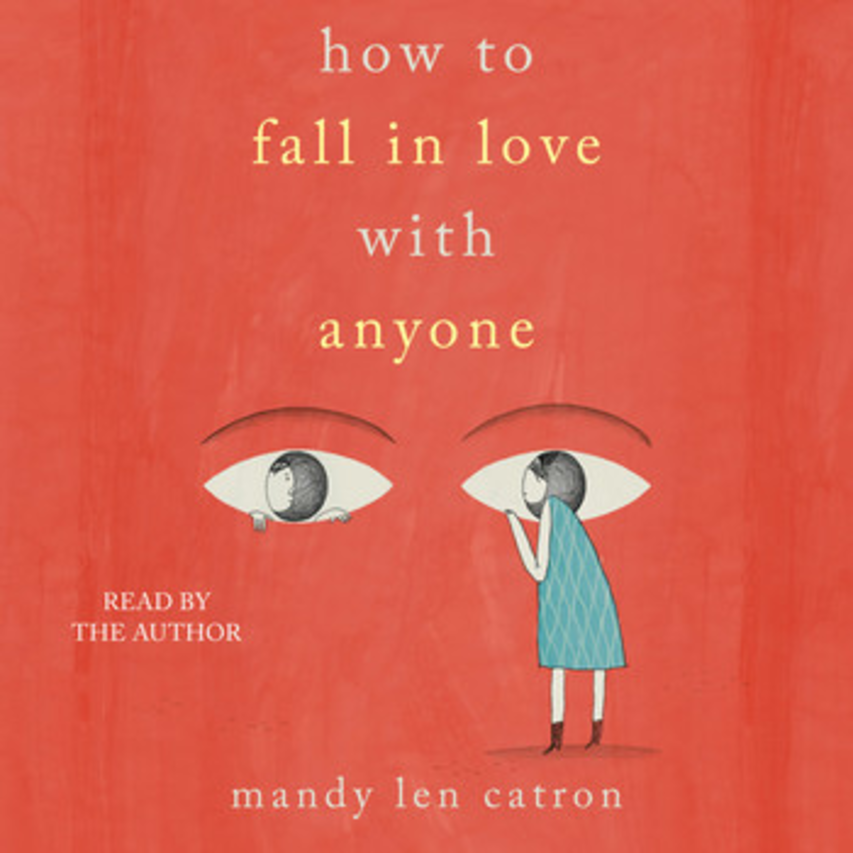
How To Fall in Love With Anyone picks up where the original essay left off. Wary of creating more myths about love, she sets about expanding our library of love stories and unpacking the ones we tell ourselves.
Using the unravelling of two key relationships in her life (her parents’ marriage and her own ten-year relationship) as entry points, Len Catron excavates everything from the Cinderella myth and the concept of ‘deservingness’ in love to ambivalent breakups (ending relationships in which nothing is really wrong, but something still doesn’t feel right). The essay on the latter, for me, is the book’s high point: it earnestly discusses how many relationships end not for any discernible reason (infidelity, violence, sexual incompatibility) than for a more quietly devastating truth: that falling out of love is sometimes as easy as falling in it.
The essays are compact, personal, and can be easily digested within a 20-minute commute. They don’t spark any major epiphanies for me, but Len Catron is as inquisitive as she is introspective, and I bookmark multiple pages to come back to later. The net effect is a kind of gentle probing, akin to the kind of thinking-out-loud conversation you’d have with your closest friend late at night. This is my favourite of the list.
If your heart is shattered, and you have no idea how to put it back together:
The Comfort Food Diaries: My Quest for the Perfect Dish to Mend a Broken Heart – Emily Nunn
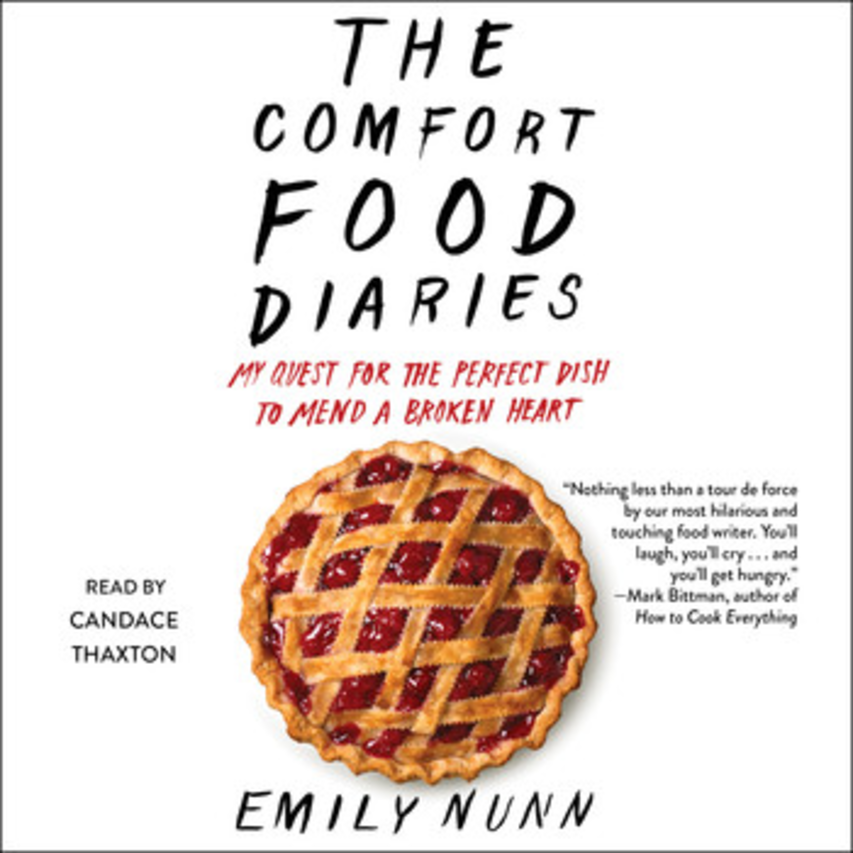
At the nadir of this crisis, powered by a few bottles of wine, she broadcasts the soggy remnants of her dreams—“I have almost no money, no job, no home, no car, no child to pick up after school, no dog to feed, no one to care for. I am cold and alone”—on Facebook. To her surprise, people respond with kindness and concern, rather than the torrent of judgement she expected. With that, she embarks on an epic, cross country Comfort Food Tour to stay with friends and loved ones, attempting to repair her life by making revelatory roast chicken, ragù bolognese, and grapefruit-and-avocado salad.
A warning: don’t set too much store by the subtitle (‘My Quest for the Perfect Dish to Mend a Broken Heart’). I initially picked The Comfort Food Diaries because of it, but realised only a short way through that its chick-lit premise is misleading: the book isn’t about a woman who gets her heart broken by a man and embarks on the first ⅓ of an Eat Pray Love tour. It’s not even about the food per se, although Nunn is an excellent food writer who conjures up wondrously evocative prose.
It’s about following the trail of a heart that’s been smashed to crumbs, and deciding where that leads by letting other people help you gather them up. Comfort food is always thought of from the perspective of the eater (ie. drowning your sorrows in a pint of gin or Ben and Jerry’s or both), but The Comfort Food Diaries is really a book about how feeding others—the simplest, most accessible act of giving love—helps us get better at receiving it.
As Nunn writes in the memoir’s conclusion (which I won’t spoil, but ends on a deliciously bittersweet note): food is a touchstone into real love. None of us are guaranteed it, but our appetite for it will always be matched by our capacity to give it.
So when life falls apart, make okonomiyaki from the scraps. And then share it with the people who’ve stuck by you.
All the books featured are available as audiobooks and/or e-books on Storytel, a subscription-based platform.
Rice readers get a 30-day free trial, so download their app to get started, and check out over 110,000 titles they have available for streaming or download.
This story was sponsored by Storytel.
Don’t go breaking our hearts. Send us your love stories (or your thoughts on these books) at community@ricemedia.co .

